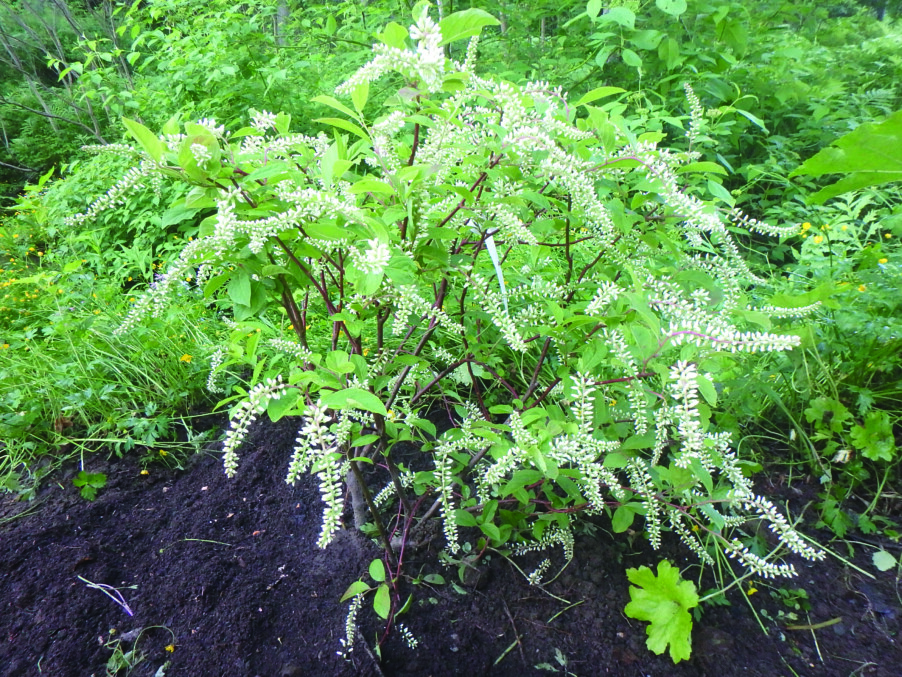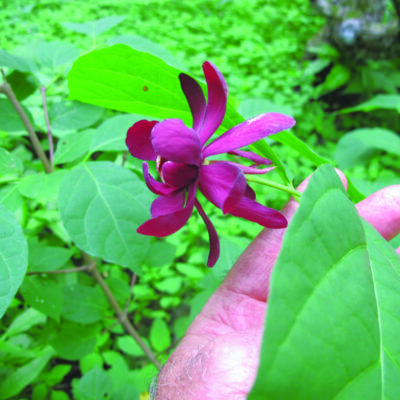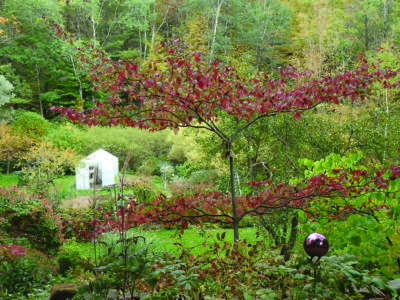Smallmouth bass provide an angling experience like no other
“Make him go where he doesn’t want to go,” fishing guide Mark Beauchesne said as I tried to reel in what could only be described as an aggressive fish on the Merrimack River in Concord a few years ago.
The fish in question, a smallmouth bass, dove under the boat and then suddenly sprinted toward the surface, leaping from the water, shaking its head from side to side feverishly. Then it was diving again in relentless, explosive bursts. It felt like it took all I had to keep hold of the rod, never mind figuring out how to make the fish go anywhere.
But as I reeled it closer to the boat, Beauchesne calmly and expertly slid a net into the water, securing the fish and ensuring this would not be a story of the one that got away.
While I was certainly pleased with the size of the fish — probably four pounds or so, Beauchesne guessed — it was more the sheer ferocity and energy the fish exhibited when hooked that I’ll never forget.
“Inch for inch, pound for pound, the gamest fish that swims,” wrote Dr. James Henshall in his 1881 book, The Book of the Black Bass.
“They just don’t have any quit,” said Beauchesne, who, in addition to being a fishing guide, is advertising and promotions coordinator at the New Hampshire Fish and Game Department. “They spend a lot of time airborne. They’re just a very exciting fish to catch.”
The smallmouth bass, also referred to as black bass or a “smallie,” is the most popular game fish in New Hampshire, recently surpassing trout, according to the New Hampshire Fish and Game Department, which surveys its license holders, Beauchesne said.
“The accessibility that we have to them and with the tackle that’s available here now that’s accessible and easy to use, it just makes it easy for anybody to get into bass fishing,” Beauchesne said.
New Hampshire historian Jack Noon, who wrote the book The Bassing of New Hampshire, noted smallmouth bass were introduced in New Hampshire in 1864 in Rust Pond in Wolfeboro, which is right next to Lake Winnipesaukee. New Hampshire fisheries commissioners began stocking smallmouth four years later, ultimately introducing smallmouths to 140 lakes and ponds in New Hampshire, Noon said.
“The immediate reaction was incredibly positive,” said Noon, who also noted smallmouths had a less than positive impact on native trout populations upon introduction. “Smallmouths were very popular in New Hampshire, as they were a species that could be caught in summer when tourists were present and had leisure time. They were just very important for the tourist season.”
They still are, anglers agree, and the species can be targeted with a variety of tactics.
Stick baits, which are torpedo-shaped lures that mimic small fish, are popular lures for targeting smallmouth, as are soft plastic lures that take a variety of forms, including worms and crayfish. (I caught my smallmouth with Beauchesne right up against a cement piling with a plastic worm the fish hit as it dropped to the bottom.)
While live bait is effective for both largemouth and smallmouth bass, using live bait to target largemouth or smallmouth bass is prohibited from May 15 through June 15. Anglers must use artificial lures during that time period.
“They eat a variety of foods,” Beauchesne said. “Crayfish are common, the young of the year, yellow perch, sunfish, insects are often overlooked. People catch them with frogs coming out of their mouths. They take advantage of available food sources.”
Smallmouth bass thrive in rivers, lakes and ponds, though they prefer hard-bottomed areas, whereas the abundant largemouth bass tends to prefer softer, muddier bottoms, Beauchesne said.
An average smallmouth bass comes in at about 1.5 pounds and 15 to 16 inches. The state record is 7 pounds, 14.5 ounces. That whopper was caught on Goose Pond in Canaan in 1970.
Smallmouth bass are a warmwater fish and tend to be most active when the water temperature is between 55 and 75 degrees. Beauchesne notes rivers tend to stay in that range throughout the summer.
Beauchesne suggested using a 6-foot spinning rod with medium or medium-light action with eight-pound monofilament line.
Noon recalled fishing for smallmouth as an early teenager.
“I was fishing at night with a jitterbug, [which is a type of hard plastic topwater lure that chugs along right on the surface],” Noon said. “You just get a huge kick out of casting it out. It makes this glug, glug, glug sound and then all of a sudden [when the smallmouth hits the lure] it sounds like someone just threw a 20-pound rock into the lake.”
Be Prepared
As soon as you make that first cast, you need to be prepared and ready to handle fish, said Mark Beauchesne, advertising and promotions coordinator at the New Hampshire Fish and Game Department. Beauchesne shared some advice:
Have needlenose pliers handy for removing hooks; don’t be digging them out of a tackle box once you’ve landed the fish.
Handle fish as little as possible; don’t let them flop around on the ground.
If the fish is deeply hooked, it’s better to cut off the line at the hook. It has a better chance of surviving with the hook in its mouth than if anglers cause more damage trying to remove it. “Smallmouth bass are set up to eat fish that have spines, like crayfish and other fish, after all,” Beauchesne said.
Featured photo: Mark Beauchesne with his catch. Photo by Mark Beauchesne.








